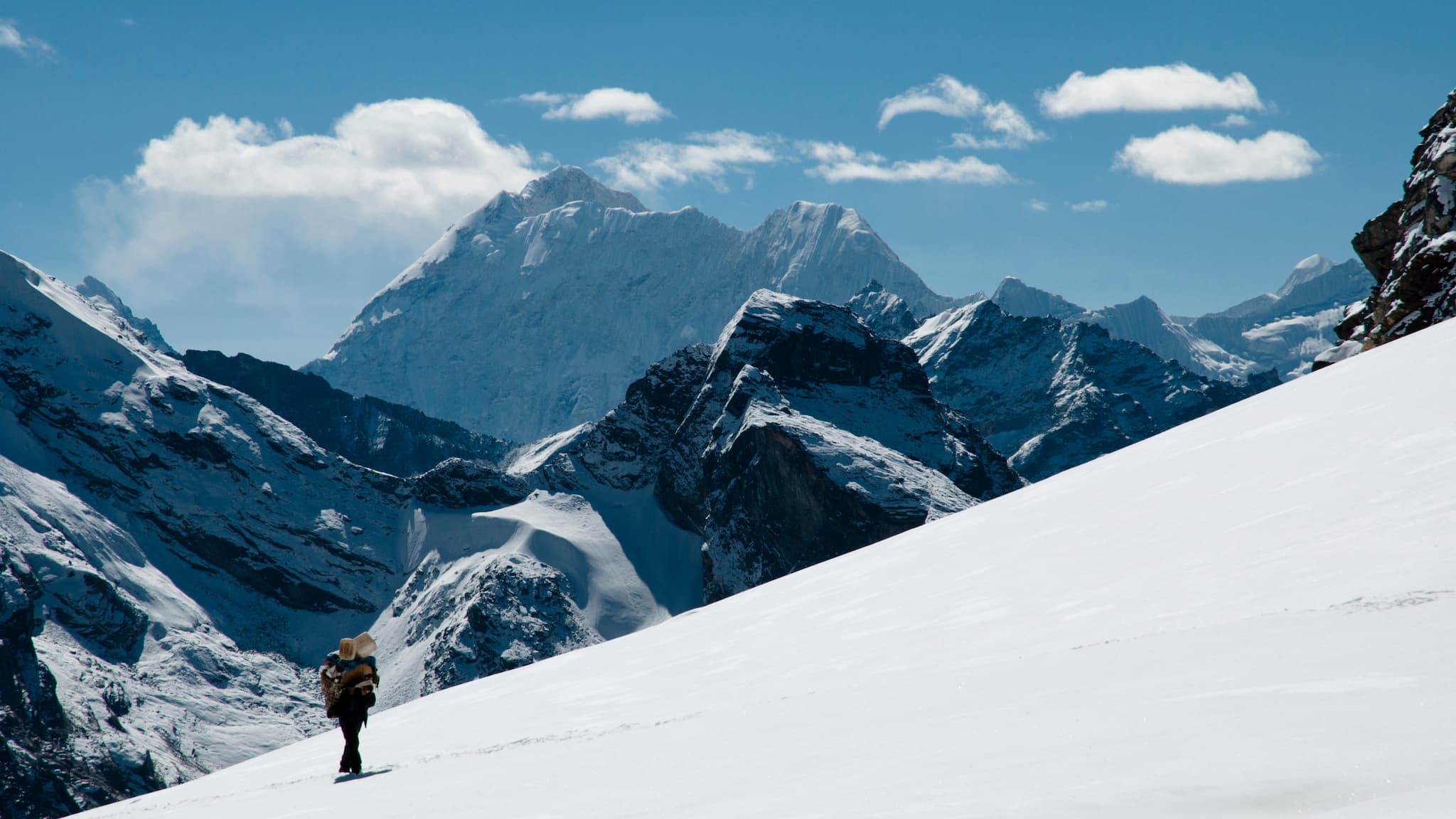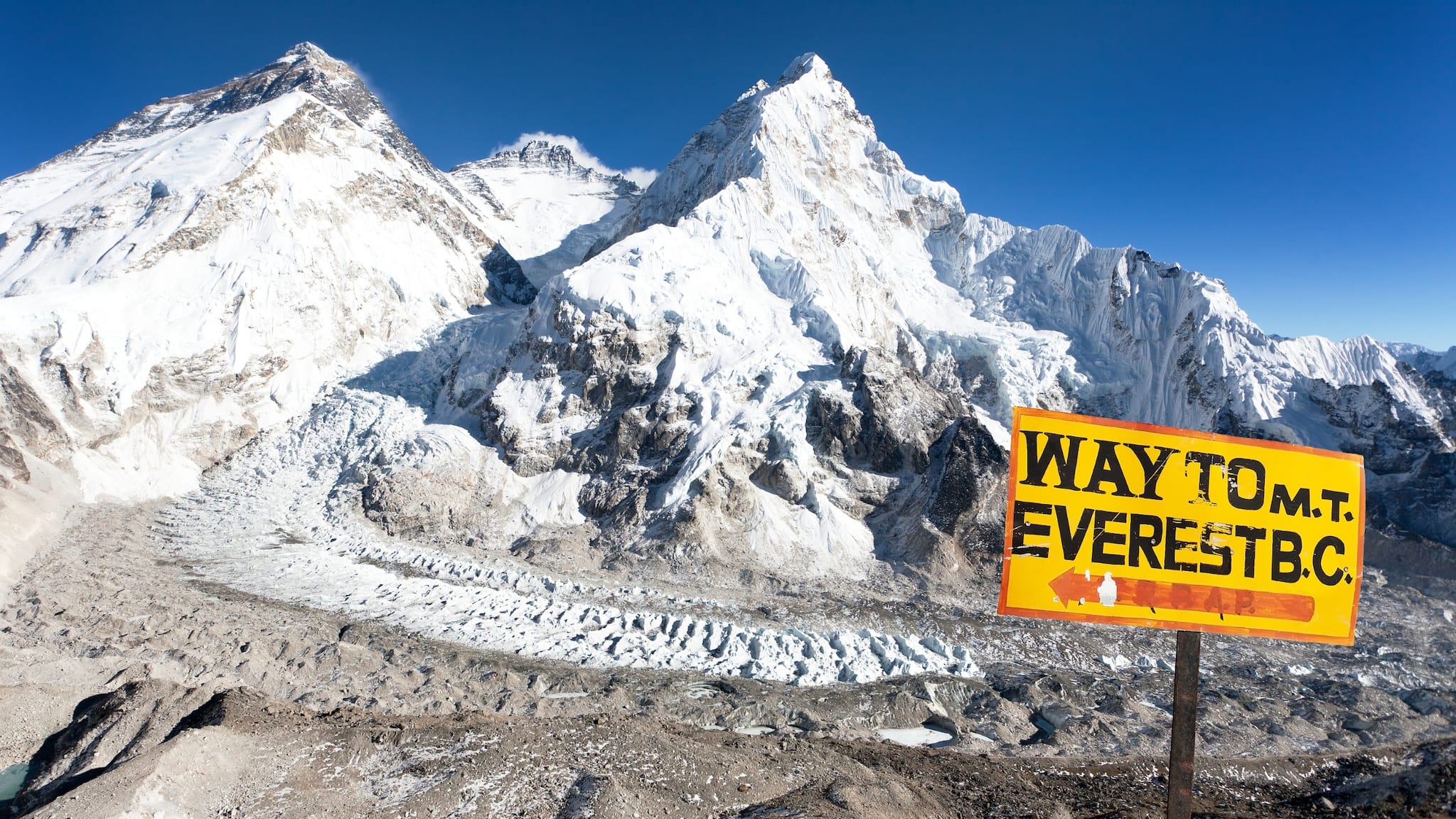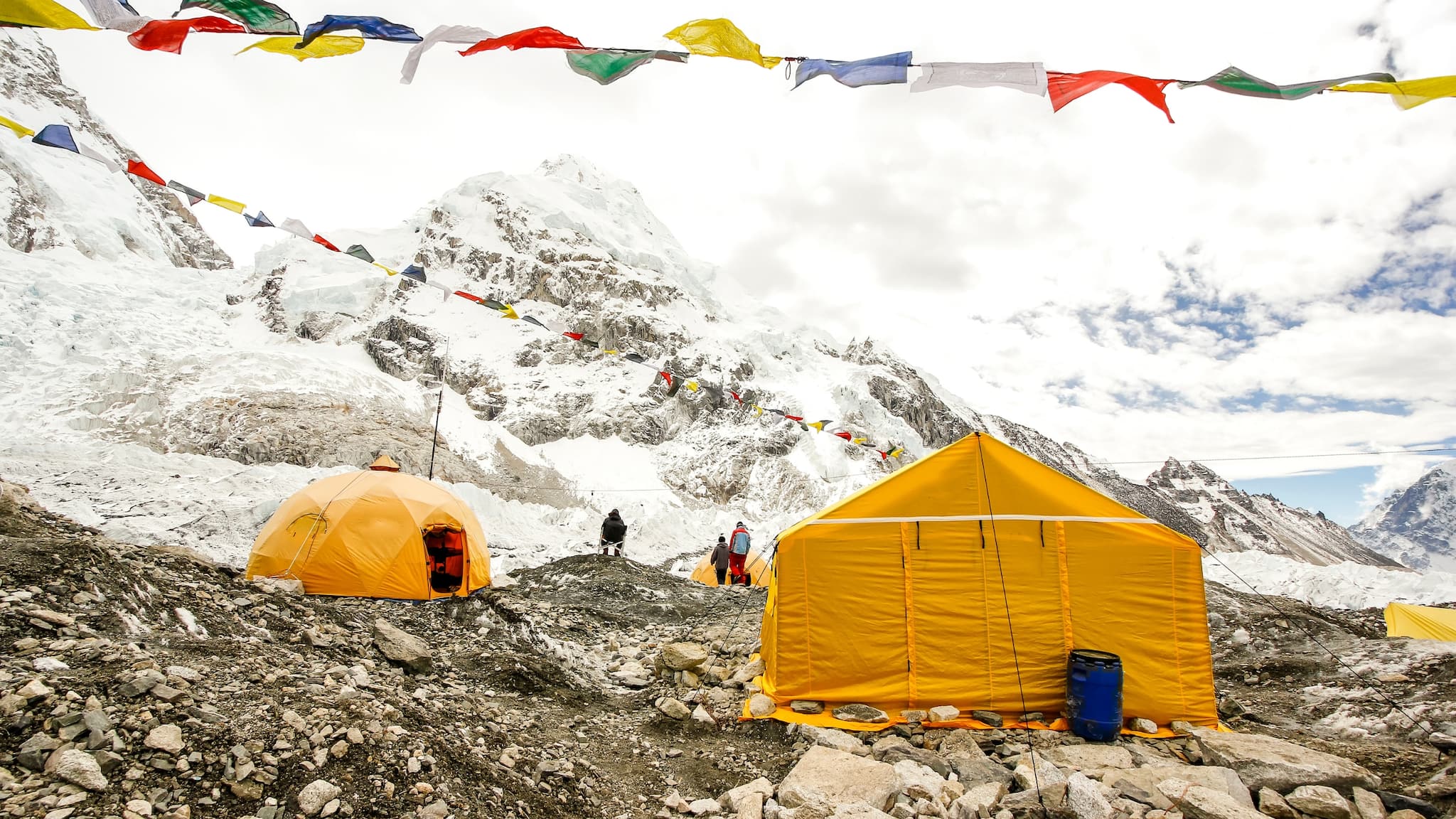



Nepal, home to the world’s highest peaks, has officially banned solo expeditions on all mountains above 8,000 meters, including Mount Everest. The decision, published in the Nepal Gazette, marks a significant shift in the country’s mountaineering regulations. With safety and environmental concerns growing, the government has introduced stricter rules to ensure climbers are adequately supported and monitored. These changes come as part of the sixth amendment to Nepal’s mountaineering regulations, aiming to enhance climber safety and maintain the integrity of the nation’s prized peaks.
 (Image: Canva)
(Image: Canva)
End of Solo Climbing on Nepal’s Highest Peaks
As per the revised regulations, which were announced on February 4, solo climbers are now prohibited from attempting any of Nepal’s 8,000-meter mountains alone. The new rule mandates that every two climbers in a mountaineering team must be accompanied by at least one altitude worker or certified mountain guide. This applies to all high-altitude expeditions, including those on Everest, Lhotse, Makalu, and other towering peaks.
With these regulations, the era of solo climbing has officially ended. The government has made it clear that no climber, regardless of experience, will be allowed to ascend these peaks alone. This decision also affects alpine-style climbers, who traditionally take a fast and minimalist approach, as well as expedition-style climbers, who rely on extensive logistical support.
Significant Increase in Climbing Fees
Alongside the climbing ban, Nepal has also increased the climbing royalty fees for foreign mountaineers. The new fee structure is as follows:
Mount Everest (South Route in Spring): Increased from $11,000 to $15,000 per climber.
Everest Autumn and Winter Expeditions: Fees raised from $2,750 to $3,750.
Other 8,000ers (Spring): Doubled from $1,800 to $3,000.
Other 8,000ers (Autumn): Increased from $900 to $1,500.
Other 8,000ers (Winter and Monsoon): Raised from $450 to $750.
These changes mean foreign climbers will need to make significantly steeper financial commitments to attempt Nepal’s most coveted summits.
 (Image: Canva)
(Image: Canva)
Stricter Summit Verification and Base Camp Regulations
To ensure authenticity in climbing records, the revised regulations now require expedition organizers and liaison officers to submit original photos of climbers at the summit. The images must clearly show the climber’s face with the mountain ranges in the background. This measure aims to prevent fraudulent summit claims and ensure all successful ascents are properly documented.
Additionally, the new provisions restrict the stay of family members at base camps unless prior approval is obtained. This move seeks to maintain order and limit overcrowding in base camp areas.
Better Wages and Environmental Responsibilities
In a bid to support the workforce that makes these climbs possible, the government has increased daily wages for liaison officers and mountain workers. This change reflects Nepal’s commitment to improving labor conditions in the mountaineering industry.
Furthermore, climbers are now required to carry down all waste, including human waste, from base camps for proper disposal. Biodegradable waste bags have been made mandatory to combat pollution on the mountains. With growing concerns about environmental degradation, these steps aim to preserve Nepal’s natural beauty for future generations.
 (Image: Canva)
(Image: Canva)
New Rules Take Effect from September 1
All these revised regulations will officially take effect from September 1, 2025, marking a major shift in how Nepal manages its iconic peaks. With stricter safety measures, higher financial barriers, and stronger environmental policies, the government hopes to create a more controlled and sustainable mountaineering experience. These new rules will impact thousands of climbers who dream of scaling the world’s highest mountains, ensuring that Nepal remains a premier yet responsible destination for high-altitude adventures.
(With inputs from agencies)
Discover the latest Business News, Sensex, and Nifty updates. Obtain Personal Finance insights, tax queries, and expert opinions on Moneycontrol or download the Moneycontrol App to stay updated!
Find the best of Al News in one place, specially curated for you every weekend.
Stay on top of the latest tech trends and biggest startup news.